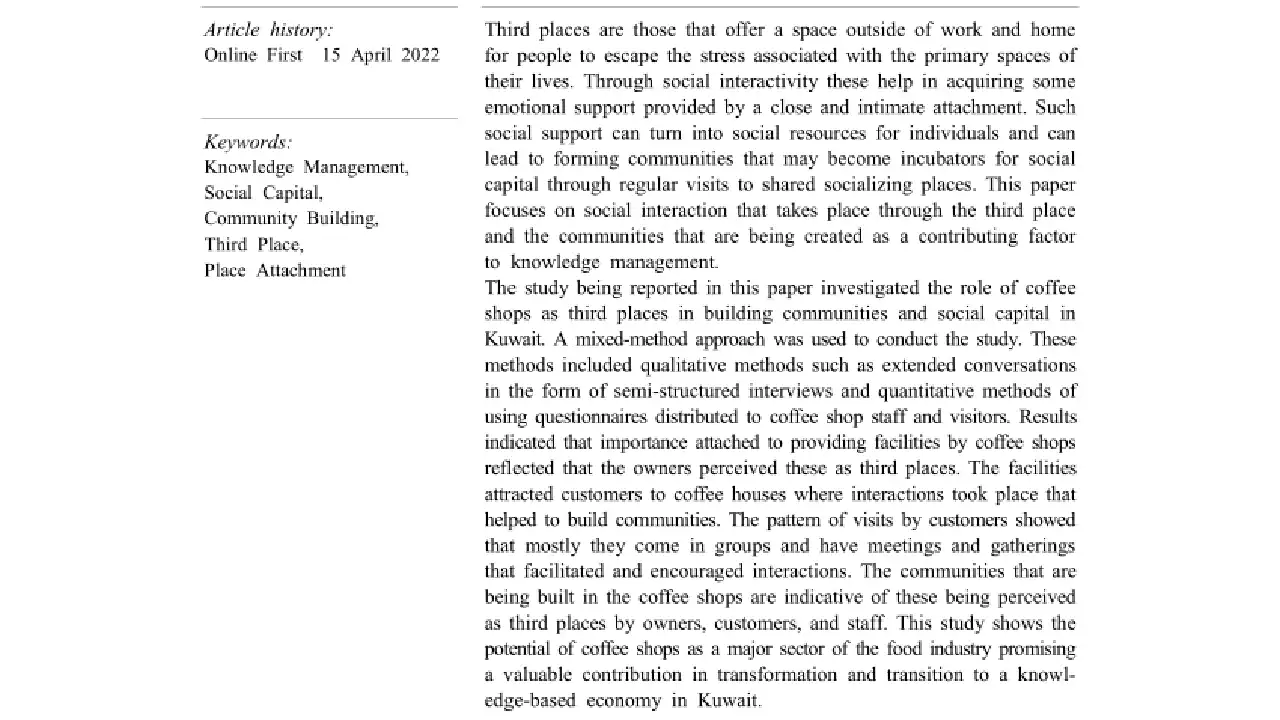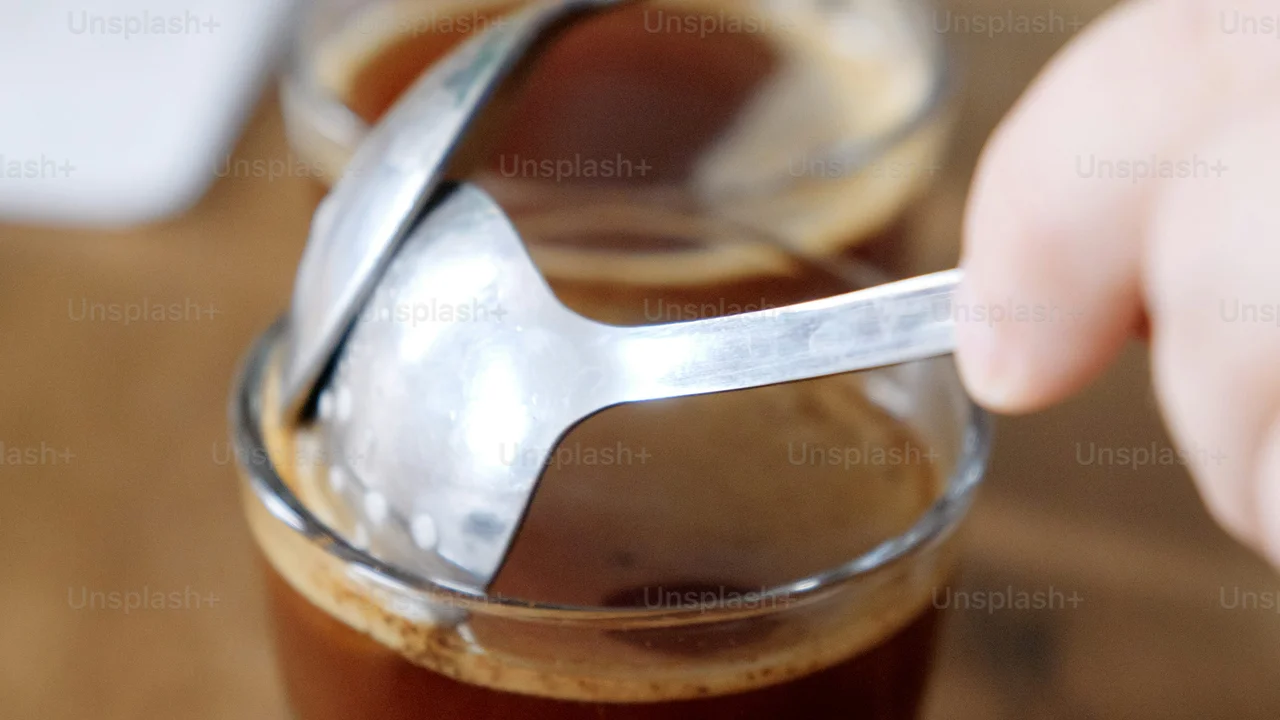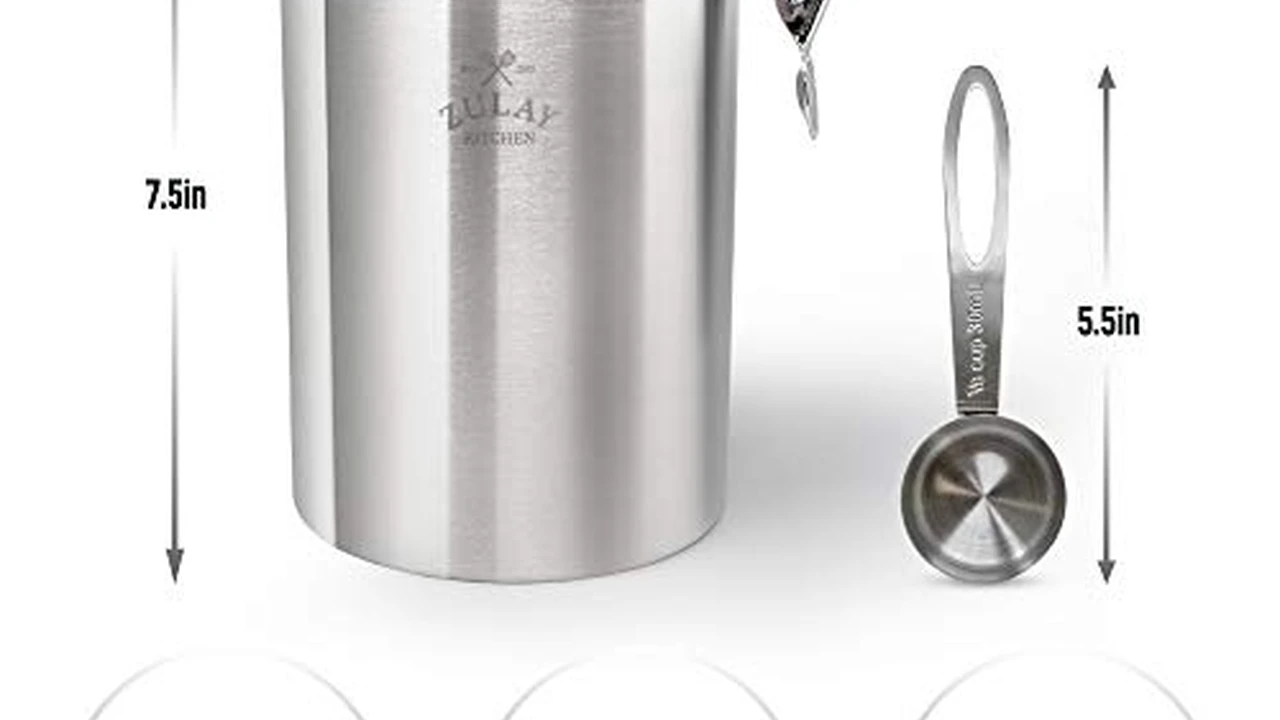Coffee Shops: The Third Place and Community Hub
Coffee Shops The Third Place and Community Hub

Meta Description: Coffee shops have become more than just places to grab a drink. They serve as community hubs and 'third places.' Discover the importance of coffee shops in modern society.
What Makes a Coffee Shop a Third Place
Okay, let's dive into what really makes a coffee shop more than just a place to grab your caffeine fix. It's about that 'third place' vibe, right? You've got home, you've got work, and then you need that spot in between – a place that's not either of those, but still feels welcoming and familiar. Coffee shops often nail this.
Think about it. It's a neutral ground. You're not obligated to buy anything crazy expensive, you can usually chill for a while without feeling pressured to leave, and there's often a mix of people – students, freelancers, friends catching up, even the occasional person just reading a book. This creates a sense of community that’s kinda hard to find elsewhere.
Key characteristics of a good third place coffee shop:
- Accessibility: It's easy to get to, maybe walkable or with good parking.
- Welcoming Atmosphere: Comfy seating, good lighting, and a vibe that makes you want to stay.
- Neutral Ground: People from all walks of life feel comfortable there.
- Conversation: Encourages interaction, whether it's a quick chat with the barista or a deep conversation with a friend.
- Regulars: A consistent group of people who frequent the shop, fostering a sense of community.
The Historical Roots of Coffee Shop Culture
Believe it or not, coffee shops have a pretty rich history. We're not just talking about Starbucks here! Back in the 17th century, coffee houses in Europe were actually centers of intellectual and political discussion. They were nicknamed "penny universities" because for the price of a coffee, you could listen to and participate in debates on all sorts of topics. That's pretty cool, right?
These early coffee houses played a significant role in shaping social and political landscapes. They were places where ideas were exchanged, news was spread, and communities were formed. While today's coffee shops might not be quite as politically charged, they still carry that legacy of being spaces for connection and conversation.
Coffee Shops as a Hub for Community Events and Gatherings
A lot of coffee shops are stepping up their game beyond just serving coffee. They're hosting events – open mic nights, live music, art exhibitions, book clubs, you name it! This is a huge draw for the local community. It gives people a reason to come together, discover new things, and connect with others who share their interests.
Think about it: a local musician gets a platform to showcase their talent, artists get exposure for their work, and community groups have a space to meet and organize. It's a win-win for everyone involved!
The Role of Baristas in Building Community Connections
Don't underestimate the power of a good barista! They're often the face of the coffee shop and can play a huge role in creating a welcoming and friendly atmosphere. A barista who remembers your name, your usual order, and is always up for a quick chat can make a huge difference in how you feel about a place.
They're like unofficial community connectors, often knowing the latest local news and events. They can introduce you to other regulars, recommend a good book, or just offer a friendly ear if you need to vent. A good barista can turn a simple coffee run into a meaningful social interaction.
Coffee Shop Design and Atmosphere Creating a Welcoming Space
The physical space of a coffee shop is also super important. Think about the lighting, the seating, the music, the overall vibe. Is it bright and airy? Cozy and intimate? Modern and minimalist? All of these things contribute to the overall atmosphere and can influence how people feel when they're there.
Comfy seating is a must! Nobody wants to sit on a hard, uncomfortable chair for hours. Good lighting is also key – not too bright, not too dim. And the music should be at a volume that allows for conversation without being distracting. The goal is to create a space where people feel comfortable lingering and connecting with others.
The Economic Impact of Coffee Shops on Local Communities
Coffee shops aren't just social hubs; they also have a positive economic impact on local communities. They create jobs, support local suppliers, and attract customers to the area. A thriving coffee shop can be a sign of a healthy and vibrant community.
They often source their coffee beans, pastries, and other products from local businesses, which helps to support the local economy. And they can also attract tourists and visitors to the area, boosting revenue for other businesses as well.
Comparing Different Coffee Shop Models Independent vs Chain
So, you've got your independent coffee shops, the quirky, unique ones with their own personality, and then you've got your chains, the familiar, consistent ones you can find almost anywhere. Both have their pros and cons when it comes to being a third place.
- Independent Coffee Shops: Often have a stronger sense of community, more unique atmosphere, and support local businesses. However, they can be less consistent in terms of quality and availability.
- Chain Coffee Shops: Offer consistency, convenience, and often have loyalty programs and other perks. However, they can lack the unique character and community feel of independent shops.
Ultimately, the best choice depends on your personal preferences. Do you value consistency and convenience, or are you looking for a more unique and community-oriented experience?
Examples of Coffee Shops Creating a Strong Community Presence
Let's look at some real-world examples of coffee shops that are really nailing the community hub thing:
- [Coffee Shop Name 1]: Known for its regular live music nights and art exhibitions. They also partner with local charities and organizations.
- [Coffee Shop Name 2]: Hosts a weekly book club and knitting circle. They also have a community bulletin board where people can post local events and announcements.
- [Coffee Shop Name 3]: Offers workshops and classes on coffee brewing, latte art, and other coffee-related topics. They also have a strong social media presence and actively engage with their customers online.
These are just a few examples, but they demonstrate the many ways that coffee shops can create a strong community presence.
Coffee Shop Alternatives Libraries Community Centers and More
While coffee shops are great, they aren't the only "third place" options out there. Libraries, community centers, and even co-working spaces can also serve as important community hubs.
- Libraries: Offer a quiet space for reading, studying, and research. They also host events and programs for all ages.
- Community Centers: Provide a wide range of services and programs, including recreational activities, educational classes, and social events.
- Co-working Spaces: Offer a shared workspace for freelancers, entrepreneurs, and remote workers. They often have a strong sense of community and provide opportunities for networking and collaboration.
The Future of Coffee Shops Adapting to Changing Community Needs
The role of coffee shops is likely to continue to evolve in the future. As communities change and new technologies emerge, coffee shops will need to adapt to meet the changing needs of their customers.
This could involve offering more flexible workspaces, providing faster Wi-Fi, hosting more diverse events, or incorporating new technologies like mobile ordering and payment. The key is to remain relevant and continue to provide a welcoming and valuable space for the community.
Product Recommendations Coffee Shop Essentials
Okay, let's talk about some products that can help create that perfect coffee shop vibe, whether you're a coffee shop owner or just want to recreate the experience at home.
For Coffee Shops:
- La Marzocco Linea Classic Espresso Machine: (Price: $10,000 - $15,000) This is a workhorse, known for its reliability and consistent espresso extraction. It's a staple in many high-end coffee shops. The Linea Classic is perfect for shops that prioritize quality and consistency.
- Mazzer Robur S Electronic Grinder: (Price: $3,000 - $4,000) A top-of-the-line grinder that delivers consistent grind size and minimal retention. It's essential for pulling consistently great espresso shots. Great for high volume shops.
- Fellow Stagg EKG Electric Kettle: (Price: $150 - $200) This gooseneck kettle offers precise temperature control and a sleek design. It's perfect for pour-over coffee brewing. Perfect for coffee shops that offer pour-over.
- Comfy Seating: (Price varies) Invest in comfortable chairs and couches that encourage people to linger. Think about creating different seating zones – some for working, some for socializing.
For Home Use:
- Breville Barista Express Espresso Machine: (Price: $600 - $700) A great all-in-one machine that allows you to grind your beans and pull espresso shots at home. It's relatively easy to use and produces good quality espresso. Great for beginners.
- Fellow Ode Brew Grinder: (Price: $300 - $350) Designed specifically for brewed coffee, this grinder delivers consistent grind size and minimizes retention. Perfect for those who enjoy pour-over, French press, or cold brew.
- Hario V60 Pour-Over Kit: (Price: $30 - $40) A simple and affordable way to brew delicious pour-over coffee at home. It includes a dripper, filters, and a server.
- Cozy Blanket: (Price varies) A cozy blanket can make any space feel more inviting and comfortable.
Product Comparisons and Scenarios
Let's break down some comparisons to help you choose the right products:
- La Marzocco Linea Classic vs. Rancilio Silvia Pro X (Espresso Machines): The La Marzocco is an investment, built for high-volume commercial use, prioritizing durability and consistent performance. The Rancilio Silvia Pro X, priced around $2,000, offers semi-professional features for home baristas or smaller cafes, balancing quality and cost.
- Mazzer Robur S vs. Baratza Sette 270Wi (Grinders): The Mazzer Robur S is a powerhouse for cafes, known for its speed and consistent grind, costing upwards of $3,000. The Baratza Sette 270Wi, around $550, is an excellent choice for home use, offering precise weight-based dosing and a compact design.
- Fellow Stagg EKG vs. Bonavita Electric Gooseneck Kettle (Kettles): The Fellow Stagg EKG stands out with its aesthetic design and precise temperature control, priced around $150-$200. The Bonavita, around $80, provides reliable temperature control at a more affordable price, making it a practical choice for budget-conscious users.
:max_bytes(150000):strip_icc()/277019-baked-pork-chops-with-cream-of-mushroom-soup-DDMFS-beauty-4x3-BG-7505-5762b731cf30447d9cbbbbbf387beafa.jpg)





.webp)
